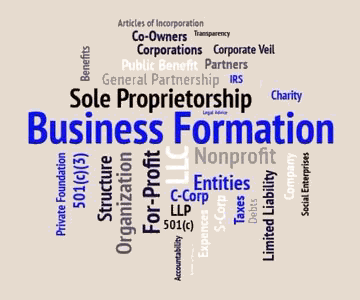Tax preparation services can help you create a solid tax plan built around your goals, with the vision of your business clearly in focus.
The choice of legal structure for your business can significantly impact what you pay in taxes, how much paperwork it requires to operate, and the liability faced by those who work at large. With so many different structures available, each one has pros and cons that need careful consideration before making this type of decision.
How are S Corporations Taxed?
S Corporations are not taxed at the corporation level. Instead, they pass corporate income, losses, deductions, and credits through to their shareholders for federal tax purposes. Shareholders of S Corporations report the flow-through of income and losses on their tax returns and are assessed tax at their individual income tax rates.
This allows S Corporations to avoid double taxation on the corporate income.
One significant benefit of an S Corporation is that not all earnings may be subject to self-employment tax. An S Corporation shareholder is an owner-employee of the business. This means that the net profit from the business is a blend of self-employment income and a return of capital from the shareholder’s investment in the business.
The self-employment component is paid out as wages and is subject to self-employment tax. The return on the investment is paid out as a distribution and is not subject to self-employment tax.
To prevent 100% of the earnings from being treated as distributions (and not paying self-employment tax), S Corporation shareholders are required to take “reasonable compensation.” Amounts taken as reasonable compensation are treated as wages, and the shareholder and corporation will pay FICA and Medicare taxes on those wages. Since only a portion of net profit is subject to self-employment taxes, business owners can see significant savings on self-employment taxes. These are not one-time savings but are available as long as the S Corporation is in business.
Whether the distribution of wages (reasonable compensation), all net profit is still subject to income tax.
Requirements
The client has elected to incorporate or become an LLC that may be taxed as an S Corporation. The client has also filed Form 2553 (Election by a Small Business Corporation) with the IRS.
To be eligible for an S Corporation status, the business must be a domestic corporation, have only allowable shareholders, including individuals, certain trusts, and estates, and have no more than 100 shareholders. In addition, the S Corporation can have only one class of stock.
Lastly, partnerships, corporations, and non-resident aliens cannot be shareholders in an S Corporation.
Contact Tax Preparation Services
Want to get a jump on your planning ahead of any new taxes? Click here to schedule a complimentary strategy session with the team.

